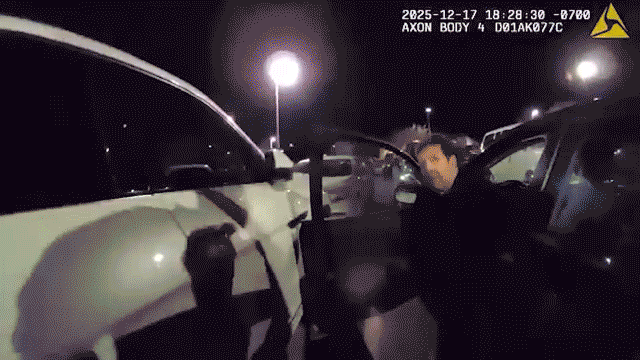British journalist says royal interview with Oprah 'opened pandora's box'
Neighbor of Meghan Markle and Prince Harry gives insight on race relations within the royal family on 'The Story'
Non-black people should not spread Oprah Winfrey memes from the Prince Harry and Meghan Markle interview — because that’s supporting "digital blackface," a nonprofit organization advises.
The Slow Factory Foundation, which is dedicated to social and environmental justice, issued the warning on its Instagram page Tuesday, saying "digital blackface" is an "online phenomenon" where white and non-black people share images of black people to express emotion.
Winfrey’s variety of facial reactions during the interview have resulted in a slew of viral memes.
MEGHAN MARKLE, PRICE HARRY POPULARITY PLUMMETING IN UK AFTER INTERVIEW
"While seemingly harmless, the problem with digital blackface is that it often reinforces negative stereotypes about Black folks such as they’re aggressive, loud, sassy and simply here for your consumption and entertainment," the post reads.
The organization added, "Performing Blackness, be it IRL or online, is not an acceptable form of expressing reaction or dissatisfaction, especially not in exchange for likes and retweets."
"Since the #MeghanandHarry interview on Oprah, we’ve been seeing a lot of digital blackface infractions with a few of Oprah’s reaction GIFs and images going viral, but that doesn’t mean you should be using them," the Slow Factory added.
One popular Oprah meme shows the media mogul with a shocked expression on her face after Markle revealed to her that someone in the royal family raised concerns about baby Archie’s skin color once he was born.
Some people on social media praised the organization for raising awareness of "digital blackface."
"Thank you for explaining this so clearly. Very helpful," one Instagram user wrote.
"Thank you so much for this – this is something I hadn’t realized and I’m definitely going to be way more thoughtful about the gifs I choose and why," another user wrote.
Others felt the Slow Factory’s message went too far.
"Blackface is a violent and harmful representation of black people rooted in violence. Using a gif of Oprah is NOT blackface," one person wrote.
CLICK HERE TO GET THE FOX NEWS APP
"Reaction pictures/gifs and memes are universal and are certainly not a part of 'digital black face,'" said another person. "I feel like that’s extremely divisive. People use reaction pictures of those of another race all the time and I don’t see how that’s harmful."
The term "digital blackface" has been around for years, but writer Lauren Michele Jackson popularized it in a 2017 essay for Teen Vogue.









































